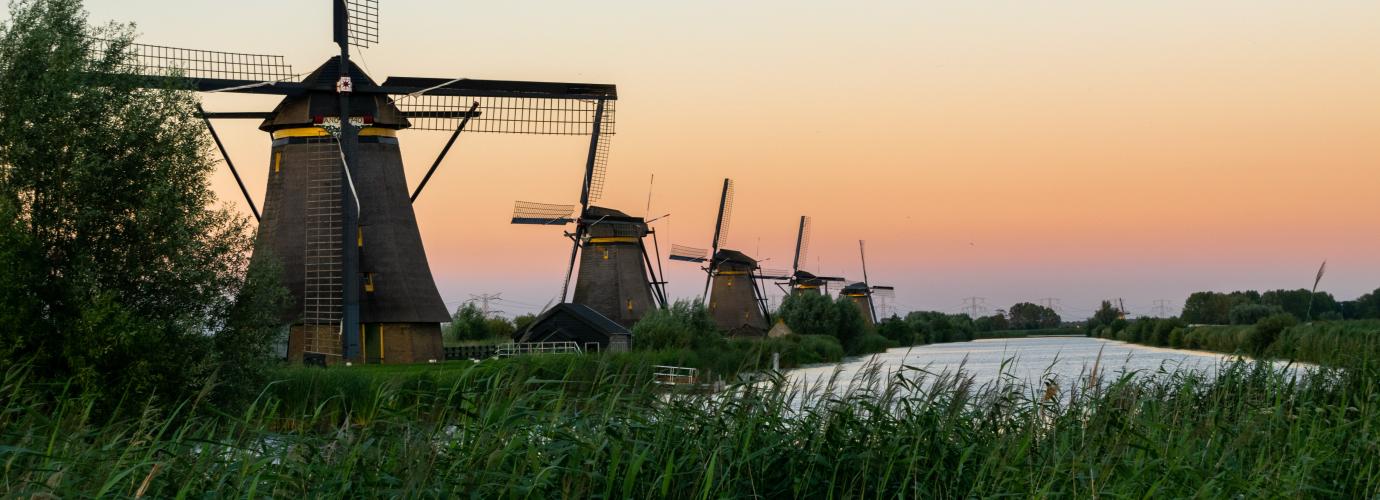The Compulsory Education Act provides that all school-age children must attend school. As well as the distinction between public and private schools, there are various other alternatives, some of which are described below.
Private schools
Private schools are governed by the same legislation as public-authority schools. They are also funded by the government, as long as they meet certain conditions. Private schools are governed by the board of the association or foundation that established the school, of which parents can be a member. There are many different types of private school. Some are denominational (Roman Catholic, Protestant, Jewish, Islamic or Hindu) or have a certain ideological character (Steiner schools); others are non-denominational.
Schools based on an educational theory
There are many different special schools. For example, there are Roman Catholic, Protestant-Christian, Jewish, Islamic, Hindu and Waldorf education. There are also special schools where education is not based on religious or philosophical convictions, but on a particular pedagogical view. These are the special schools. A special school is run by an association or foundation. Parents can be a member of such an association.
Some schools organise their teaching according to a particular educational theory. These include Montessori, Dalton, Freinet and Jena Plan schools (some websites are only available in Dutch), which may be publicly or privately run.
Community schools
Community schools (only available in Dutch) enter into long-term partnerships with other organisations like childcare providers, health and welfare services, and sports and cultural institutions, to enhance and broaden pupils’ opportunities for development. Municipalities usually take the lead in establishing a community school.
Schools for children of occupational travelers
There are separate schools for children of occupational travelers. Mobile schools and schools at mooring places are part of mainstream education and fall under the Primary Education Act. Mobile schools offer full primary education to the children of funfair operators and circus artists. Schools at mooring places teach bargees’ children between the ages of three-and-a-half and seven.
Privately funded primary education
Very few children attend schools that are not government-funded. There are two types of non-government funded schools which children may attend:
- Private-sector schools categorised by the school attendance officer as ‘a school within the meaning of section 1, subsection b (3) of the Compulsory Education Act’ (‘B3 schools’). A list of these schools can be found here (only available in Dutch).
- International or foreign schools (so-called B4-schools) focus on pupils who do not have the Dutch nationality and fall under the supervision of an international accreditation organization recognized by the Dutch government or a foreign power.
- Home education: Full-time compulsory education at home is not (yet) regulated by national legislation. However, in exceptional cases children can be fully exempted from the obligation to be enrolled in a school according to The Compulsory Education Act article 5, under b.

